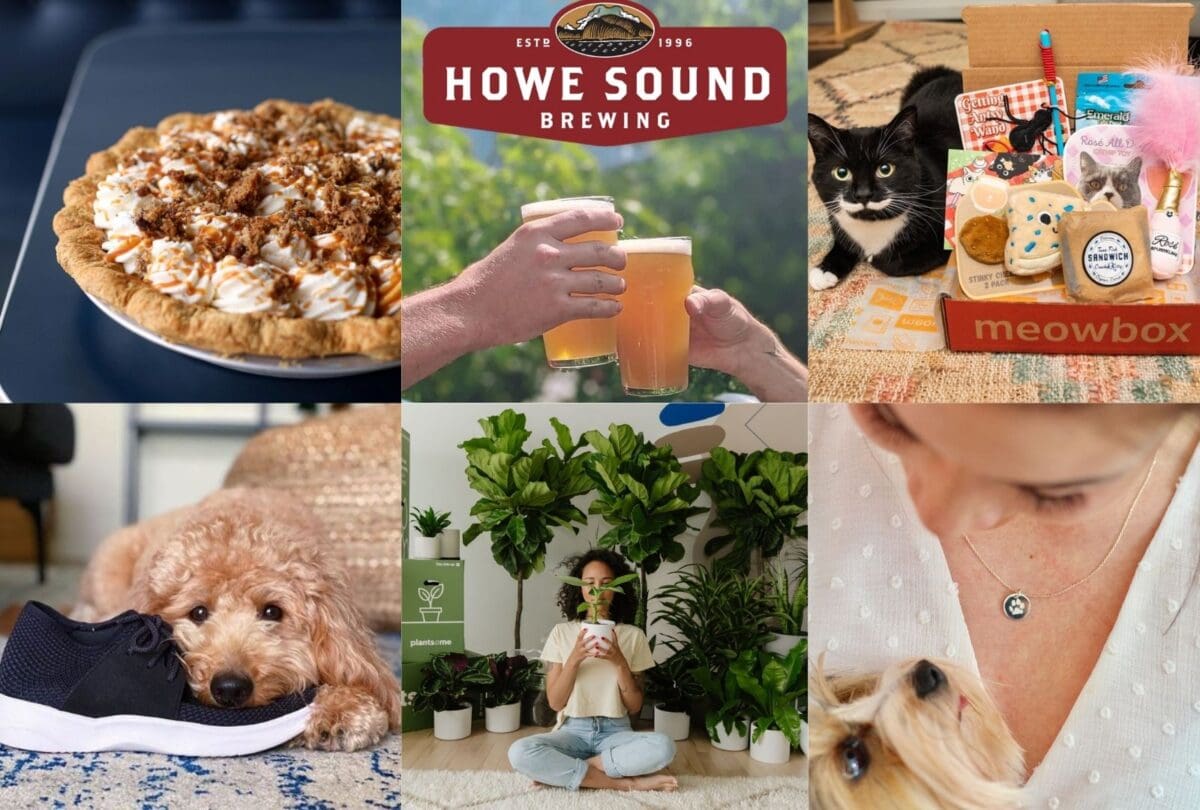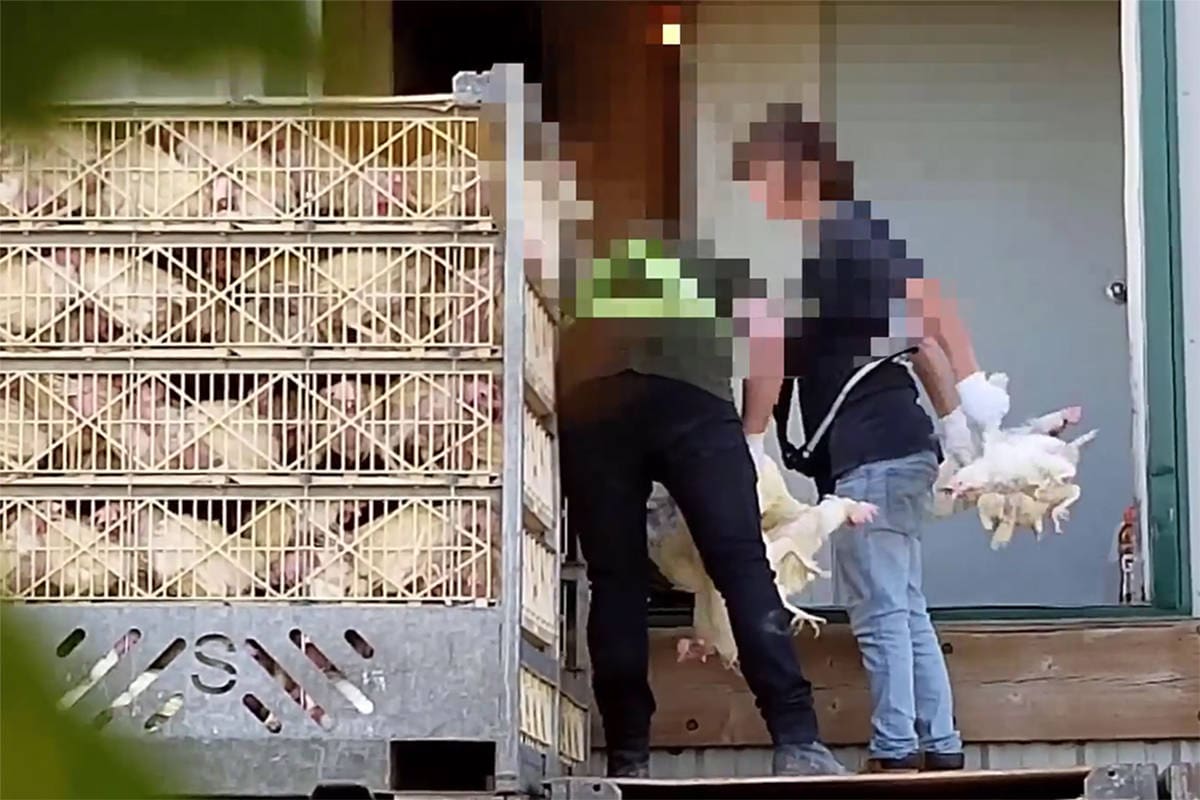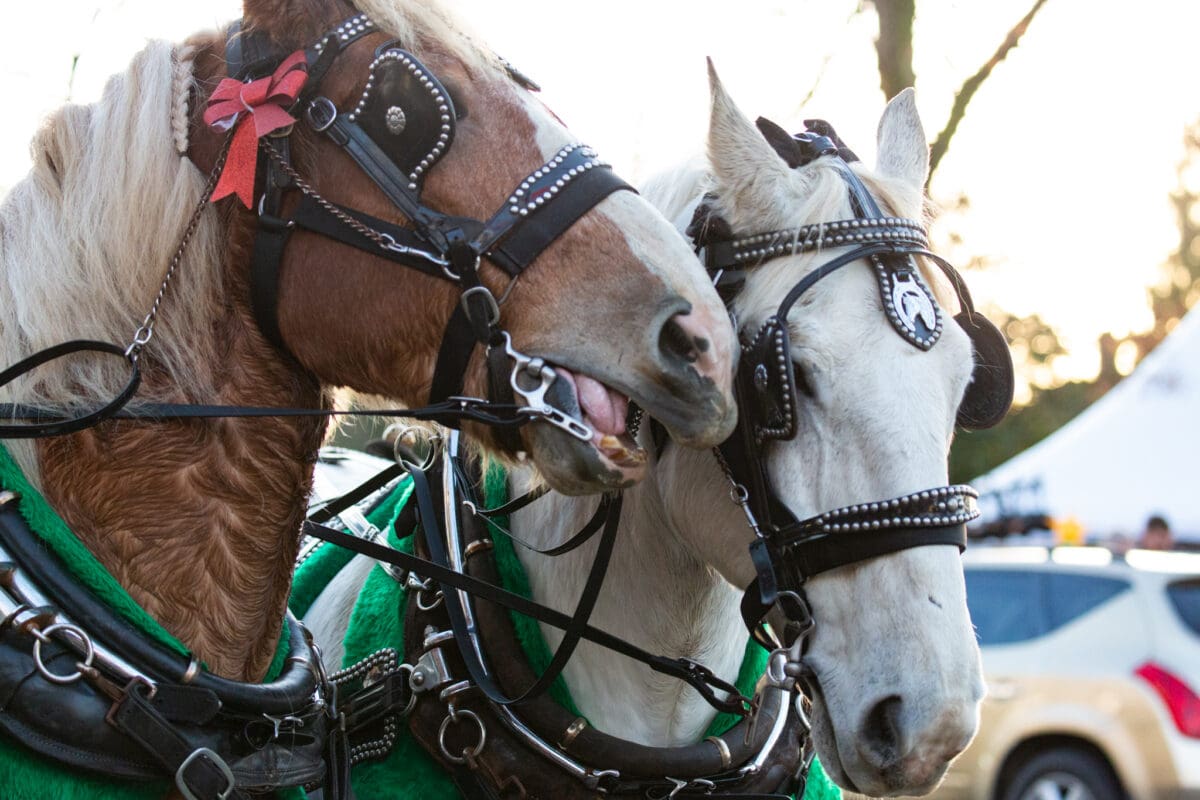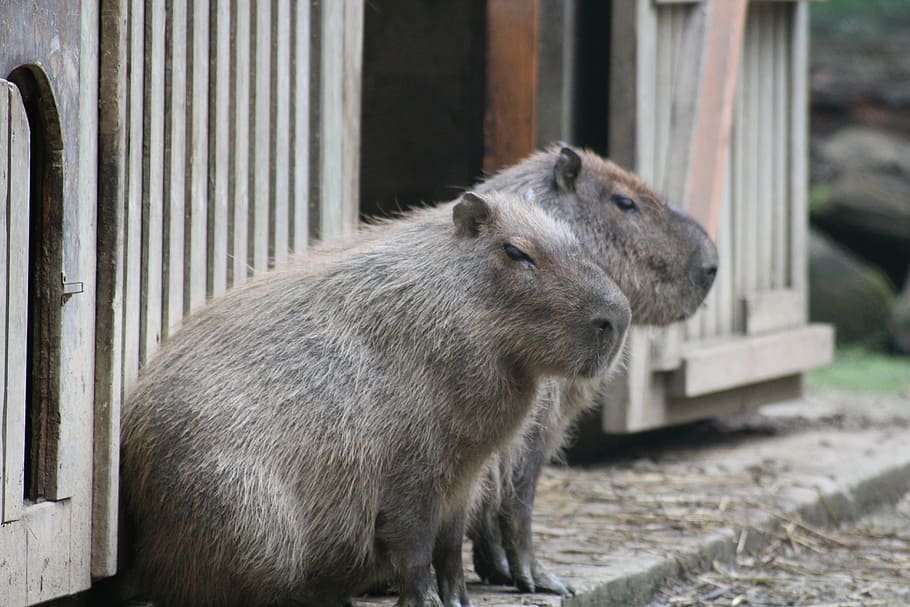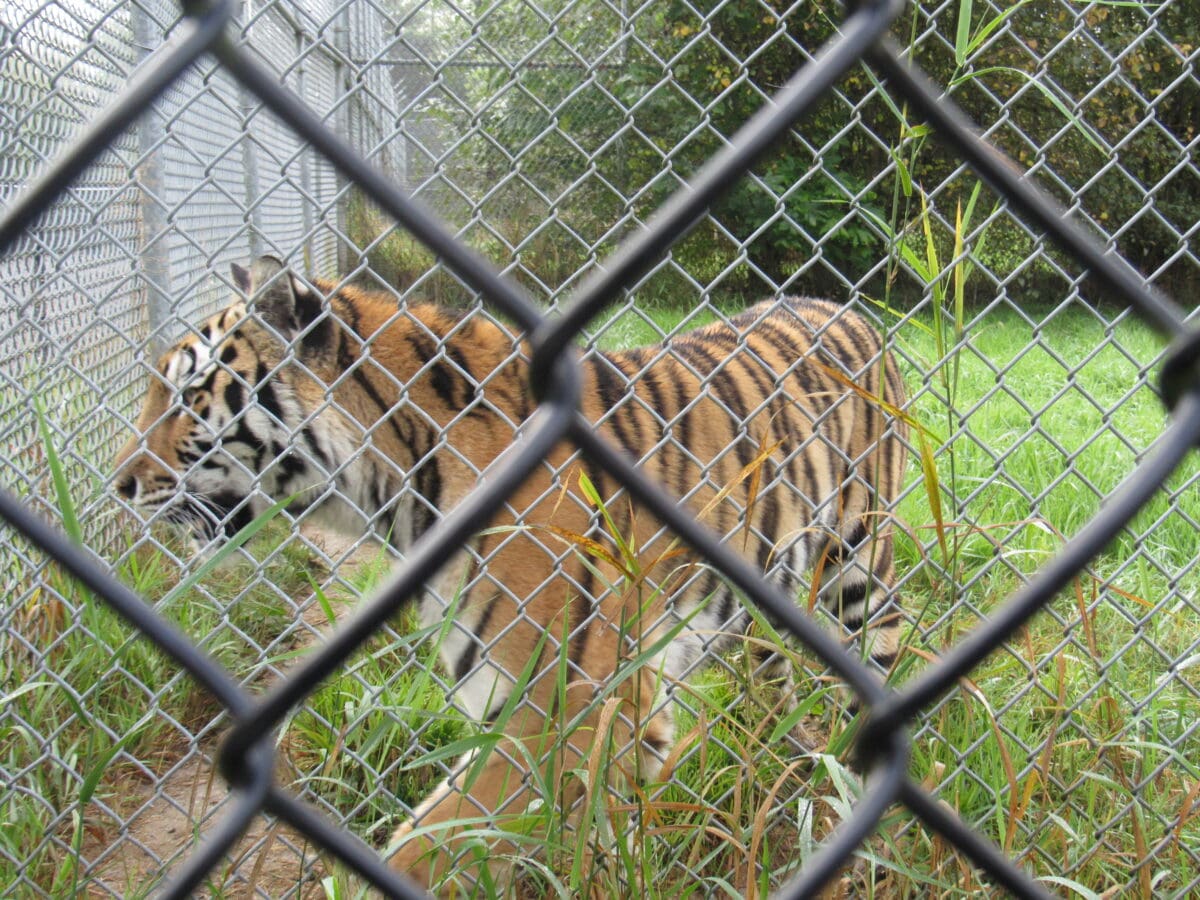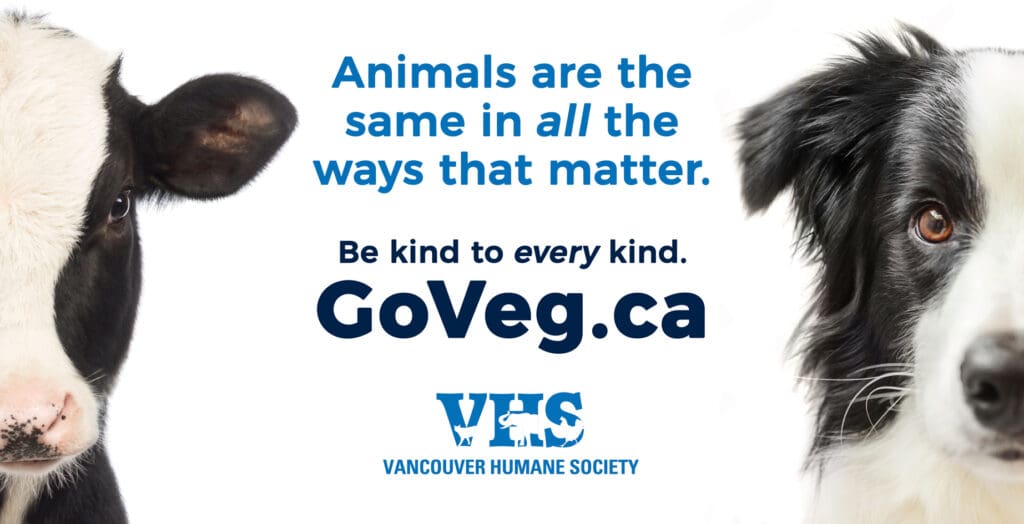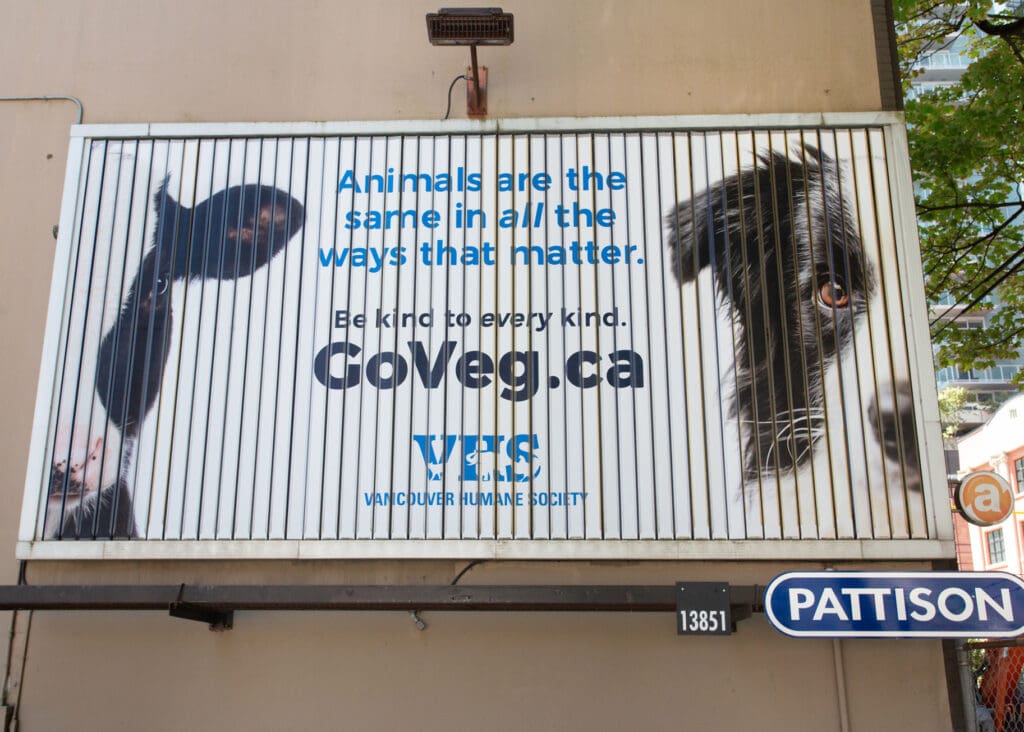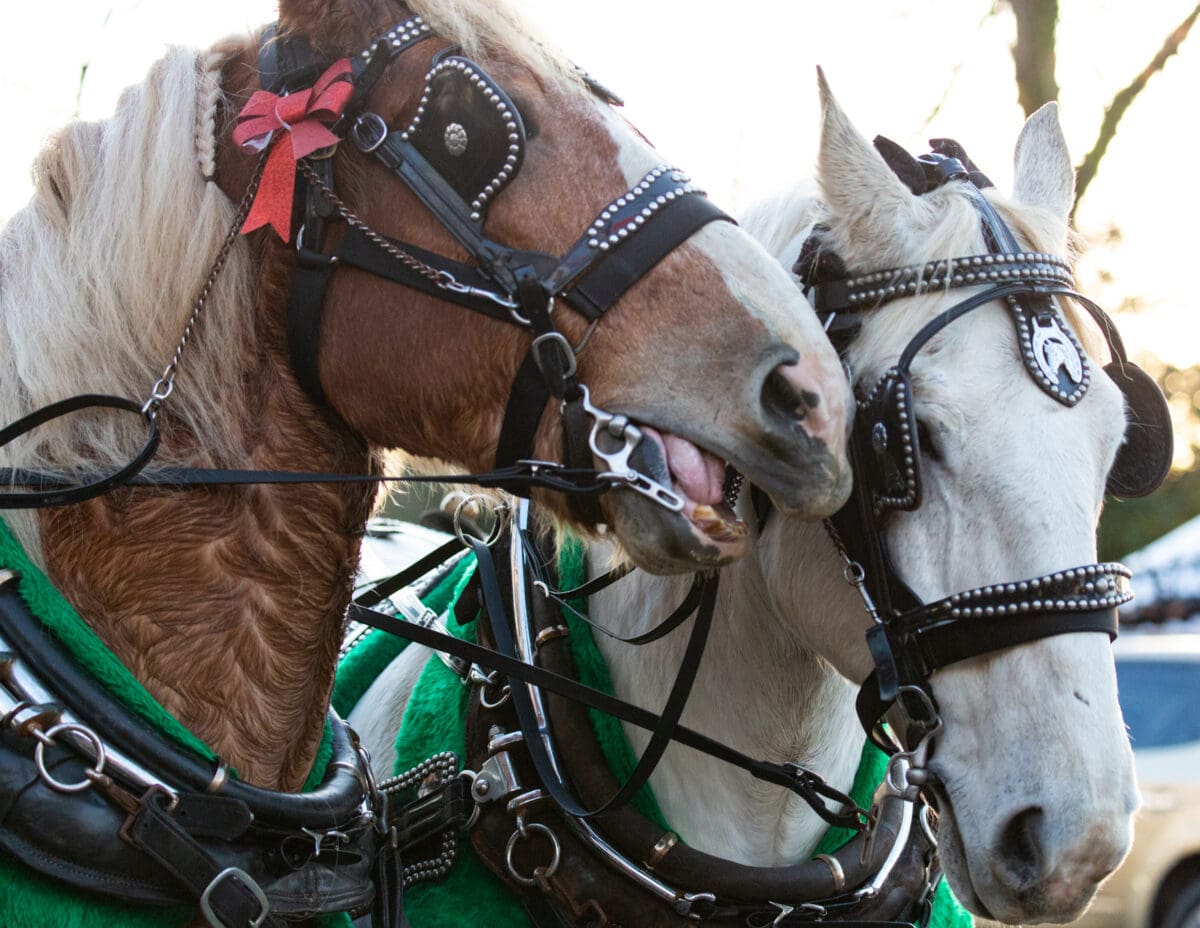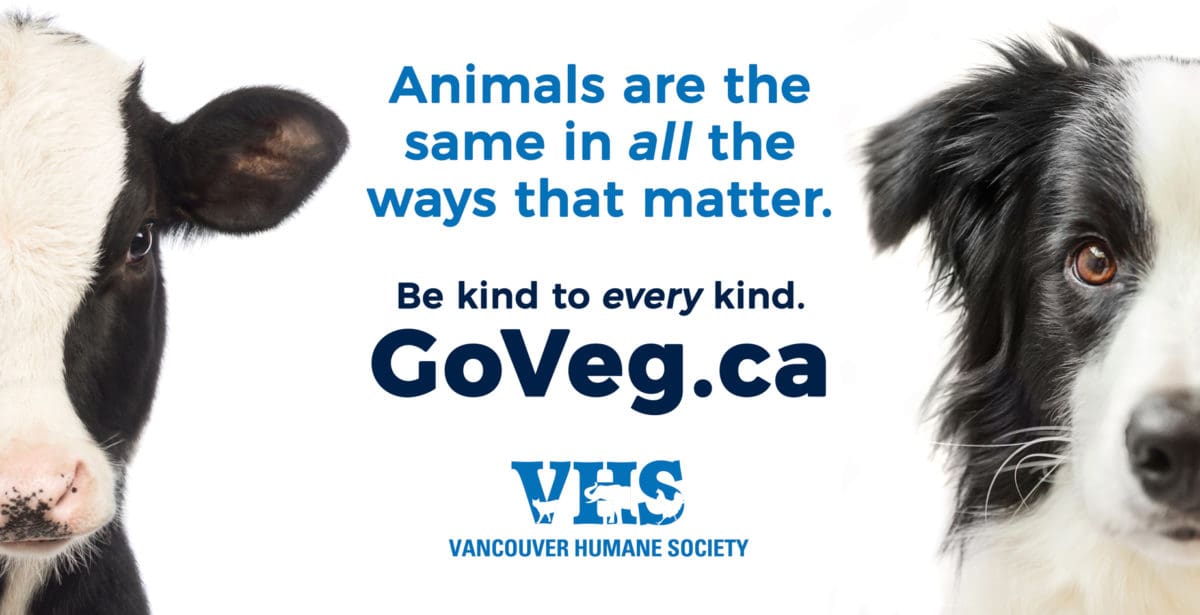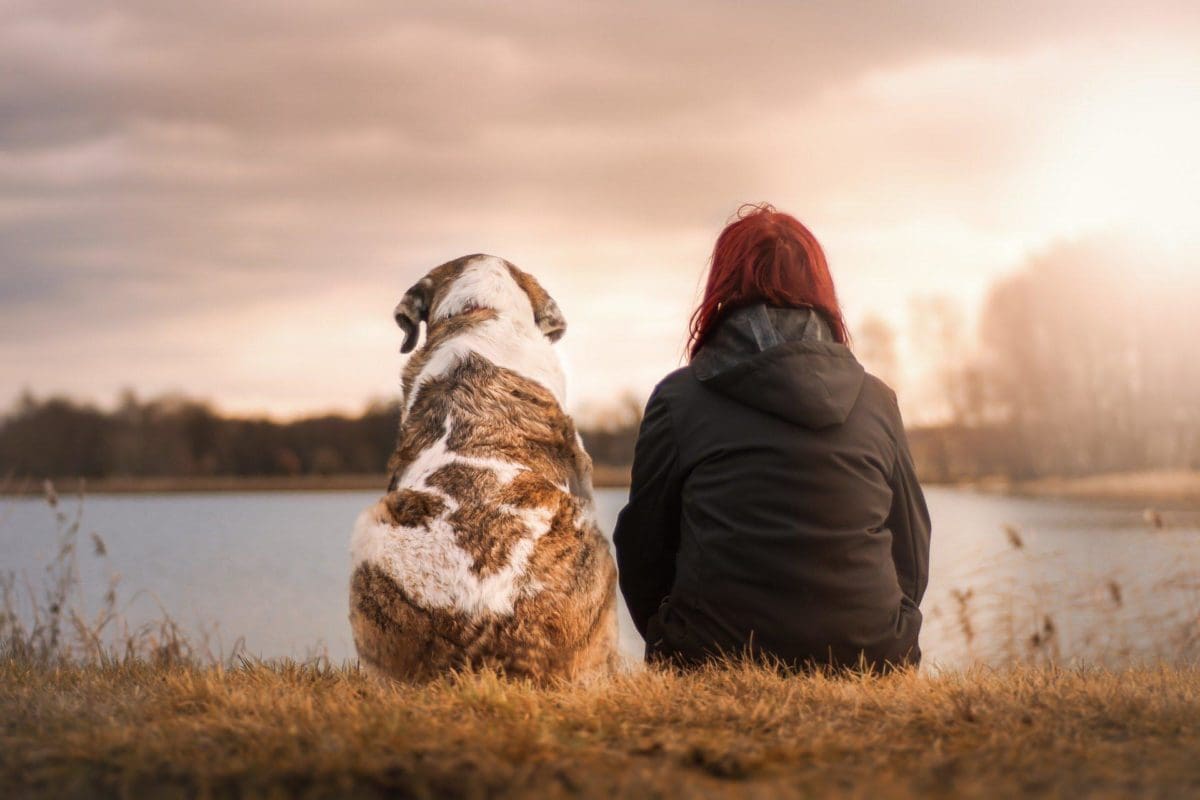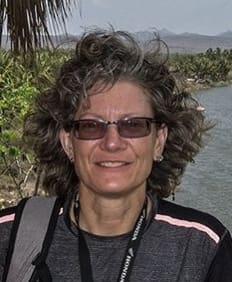Article originally published in The Province.
Despite calls from experts to take action against the global wildlife trade, which scientists believe is a likely source of COVID-19, the response from national governments has been muted and mixed, with virtual silence from Canada. That’s a shame, as there is plenty Canada could do to improve our own safeguards against diseases from imported wildlife.
Whatever the precise source of COVID-19 might be, the science has been clear for years that zoonotic disease (disease transmitted from animals to humans) from wildlife is a serious threat, accounting for at least 70 per cent of all emerging diseases. And that threat is not just from the much-discussed wet markets in Asia. It’s from a legal global trade worth US$300 billion and an illegal trade worth US$23 billion, both of which involve and affect Canada. Yet there are questions about the coherence and effectiveness of Canada’s defences against disease from imported wildlife.
Currently, responsibility for keeping Canadians safe from foreign zoonotic diseases is spread across several government agencies, including the Canadian Food Inspection Agency (CFIA), Canada Border Services Agency (CBSA) and the Public Health Agency of Canada (PHAC), which are in turn networked with a myriad of other bodies, such as the Canadian Animal Health Surveillance System and the Canadian Wildlife Health Cooperative.
A 2016 study criticized this system, stating: “Canada lacks a coherent and effective regulatory framework to address emerging zoonotic diseases,” arguing that “there are gaps in disease surveillance, wildlife health concerns are not given due priority, risk assessment processes do not explicitly consider the impact of human action on wildlife health, and there is insufficient collaboration between government sectors.”
There also appear to be loopholes in the CFIA’s system for controlling which animals are allowed into the country. For example, the agency does not inspect reptiles (except turtles and tortoises) imported into Canada. As its website states, “there is no Canadian Food Inspection Agency (CFIA) requirement to obtain an import permit, nor a health certificate. Under normal circumstances, there are no border inspections. Imports are permitted from any country, for any use, to any destination in Canada.”
Yet, reptiles are known to carry zoonotic diseases. Snakes were an early suspect in the research into the source of COVID-19, although they’ve since been ruled out.
The CFIA also says rodents (with some exceptions) can be imported into Canada without an import permit, health certificate, or inspection. So, for example, someone could import capybaras, the world’s largest rodents, into Canada, despite the fact they are known to carry dangerous ticks and have been known to shed coronaviruses. They are also sold online as pets.
The CFIA’s surveillance system is reactive rather than preventative, relying on prior intelligence indicating that a specific animal is a disease carrier. The system’s weakness was demonstrated when Canada prohibited pet Gambian rats from entering the country four months after they caused an outbreak of Monkeypox in the United States in 2003. Before the outbreak became manifest, the CFIA would have allowed the rats into Canada. Use of the precautionary principle, in the form of a ban on exotic pet imports, would be a far better safeguard.
Another concern is the lack of resources Canada devotes to fighting the illegal wildlife trade, one of a number of tasks given to the federal Wildlife Enforcement Directorate. According to a 2017 article in Canadian Geographic, the directorate had only 75 field officers nationwide. The article quotes the head of the directorate on the continued rise in wildlife crime: “And when you couple that with downward trends in government spending, that means more work for us and fewer resources to do it.” A 2017 survey of the directorate’s employees found that 65 per cent felt the quality of their work suffered because of “having to do the same or more work, but with fewer resources.”
Clearly, Canada must take the threat of disease from the wildlife trade more seriously. It needs a coherent regulatory framework to address the threat from zoonotic diseases. It needs to ban the import of wild and exotic animals and it needs to devote more resources to stop wildlife smuggling.
In July 2003, the medical journal The Lancet described the wild animal trade as “a disaster ignored” and called for its end. The warning went unheeded and that disaster is now upon us. Let’s not make the same mistake again.

